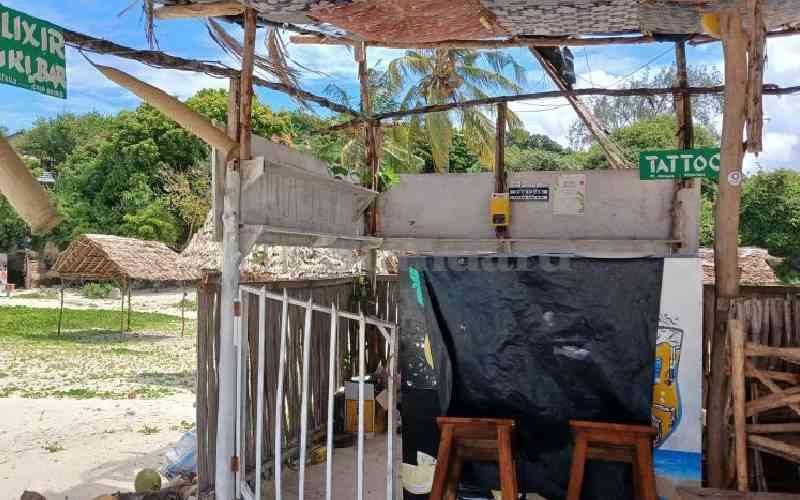×
The Standard e-Paper
Smart Minds Choose Us

Private land ownership at the beachfront has been cited as a key challenge facing the growth of hotel businesses in the Coastal region.
While Covid-19 pandemic saw many hotel businesses close down in the region, a hospitality consultant says the sector has rebounded from the aftermath of the pandemic.